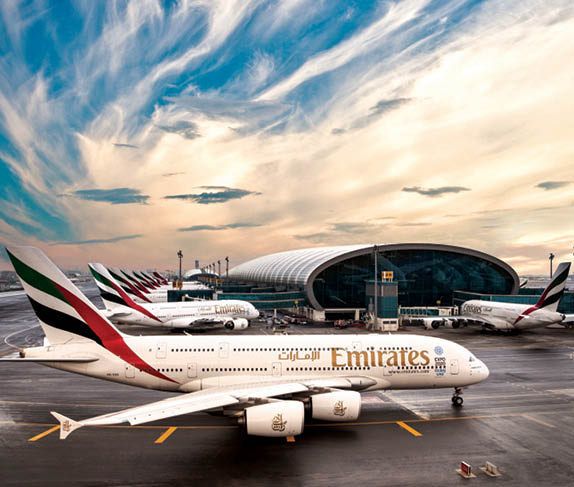The International Air Transport Association (IATA) African Aviation Day emphasized the need for intra-African air connectivity to spread economic and social prosperity across the continent. In particular, IATA noted that the liberalization of air rights for intra-Africa flights could yield significant benefits in both jobs and GDP growth.
However, IATA also noted that because intra-African aviation connectivity and the economic health of its airlines are weaker than they could be, opportunities for job creation, business growth and innovation are being lost. African airlines are expected to return a profit of just $100 million in 2014, on a net profit margin of 0.8%, which the lowest of all global aviation regions.
Raphael Kuuchi, IATA’s Vice President for Africa, said: “Increased intra-African air connectivity is essential if Africa is to seize the opportunities for growth promised by its demographic and resources advantages. Aviation in Africa supports nearly 7 million jobs and $80 billion in GDP, but it faces challenges in terms of liberalization of markets, safety, costs, infrastructure and regulation. Only through industry and governments working hand-in-hand can these challenges be overcome, to the benefit of everyone across Africa.”
To provide African governments with a clearer view of the benefits of intra-African connectivity, IATA formally launched a report showing that liberalization of air services across 12 African nations would create 155,000 jobs and boost GDP by $1.3 billion. The report by InterVISTAS, an independent consultancy, calculated the positive economic impact of implementing the 1999 Yamoussoukro Decision, which pledged to open up air transport markets within Africa to transnational competition. The 12 nations in the report are: Algeria, Angola, Egypt, Ethiopia, Ghana, Kenya, Namibia, Nigeria, Senegal, South Africa, Tunisia and Uganda.
Kuuchi said: “This report is a major step forward in quantifying the benefits of liberalizing air services across Africa. It is absurd that it is possible to travel 13 times a week from Nairobi to London yet impossible to travel directly from Nairobi to Dakar. A potential five million passengers a year are being denied the opportunity to travel, trade, and spread economic and social development,”
IATA also reported it is liaising closely with the World Health Organization (WHO) over the ongoing Ebola outbreak in West Africa. The WHO has consistently stated that travel restrictions are unnecessary, most recently in their media note of 14th August 2014. The note specifically explains that aviation is “low risk” for Ebola transmission, and that the “WHO does not consider air transport hubs at high risk for further spread of Ebola.”
Kuuchi said: “The WHO is best placed to give authoritative, independent advice on how best to deal with Ebola. They have been very clear that travel and trade bans are unnecessary. Unless this advice changes we hope that countries working hard to eradicate Ebola continue to benefit from air connectivity.”
IATA promotes Intra-African aviation

